Imagine planning that long-awaited trip to the U.S.—the excitement of exploring a new city, dining in your favorite restaurants, and finally experiencing a vacation without the usual everyday stress. Now, the picture has to rethink every part of that plan because, suddenly, everything costs more. That’s the reality for many Canadians these days, as U.S. tariffs on a wide range of goods ripple through the economy and, ultimately, hit the travel budget. This isn’t just about numbers on a balance sheet; it’s about real people rethinking how they spend their hard-earned money on experiences and memories.
A Currency That Doesn’t Stretch as Far

For many Canadians, one of the first shocks is watching their dollars lose ground. The tariffs, combined with retaliatory actions from both sides, have put pressure on the Canadian dollar. This means when you exchange your money for U.S. dollars, you don’t get as much as you used to. Imagine having to dip into your travel savings a little more than expected to cover the same meal or a night at a hotel. It feels like your money doesn’t go as far, and that’s a heavy blow when you’re trying to budget for a vacation.
Everyday Prices on the Rise

It’s not just the currency that’s the problem. The tariffs have sparked a wave of rising prices back home. The cost of everyday items—from groceries to gasoline—is creeping up. For someone who’s already juggling bills and saving for a getaway, these extra expenses mean there’s less money left over for that dream trip to the U.S. It’s like watching your paycheck slowly disappear into rising living costs, leaving little room for anything extra, like travel.
When Extra Costs Hit at the Checkout
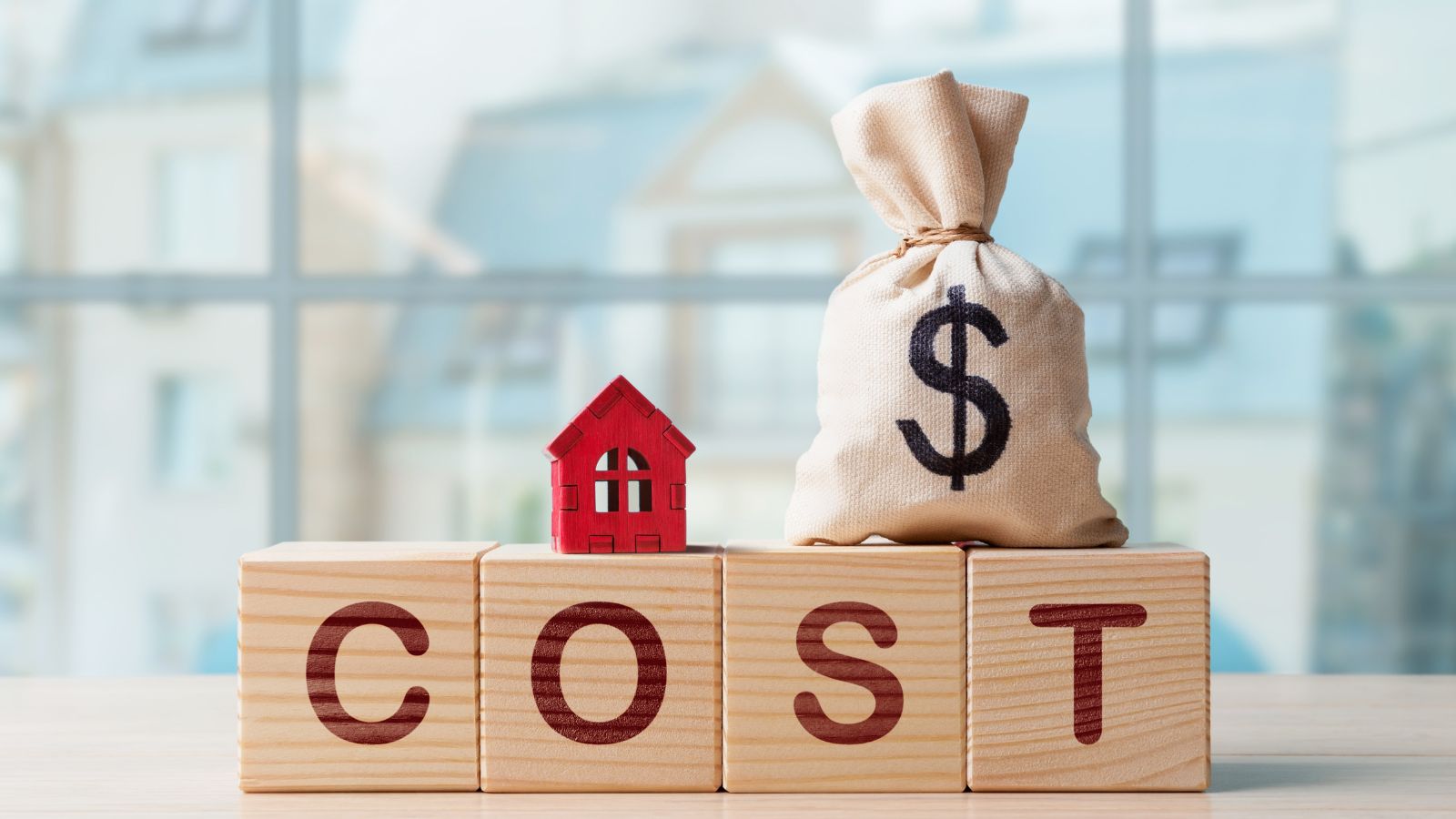
Have you ever gone shopping and noticed that a product you love suddenly costs more? That’s because companies are passing on the extra costs they incur due to tariffs. In the U.S., importers now face higher expenses, and they don’t keep those costs to themselves. They pass them on to consumers, which means every purchase—from souvenirs to snacks on the go—ends up costing a bit more. It’s a small change at first, but throughout a trip, these extra dollars add up.
Supply Chain Surprises

We often take it for granted that the items we need are readily available. But tariffs can throw a wrench into the well-oiled machine of global supply chains. When goods face delays or shortages, prices tend to jump. Think about it: if a favorite gadget or even a simple pair of shoes isn’t available in the usual supply, the scarcity drives the price up. And when these products become part of the travel experience, you pay more than planned.
The Toll on Airlines
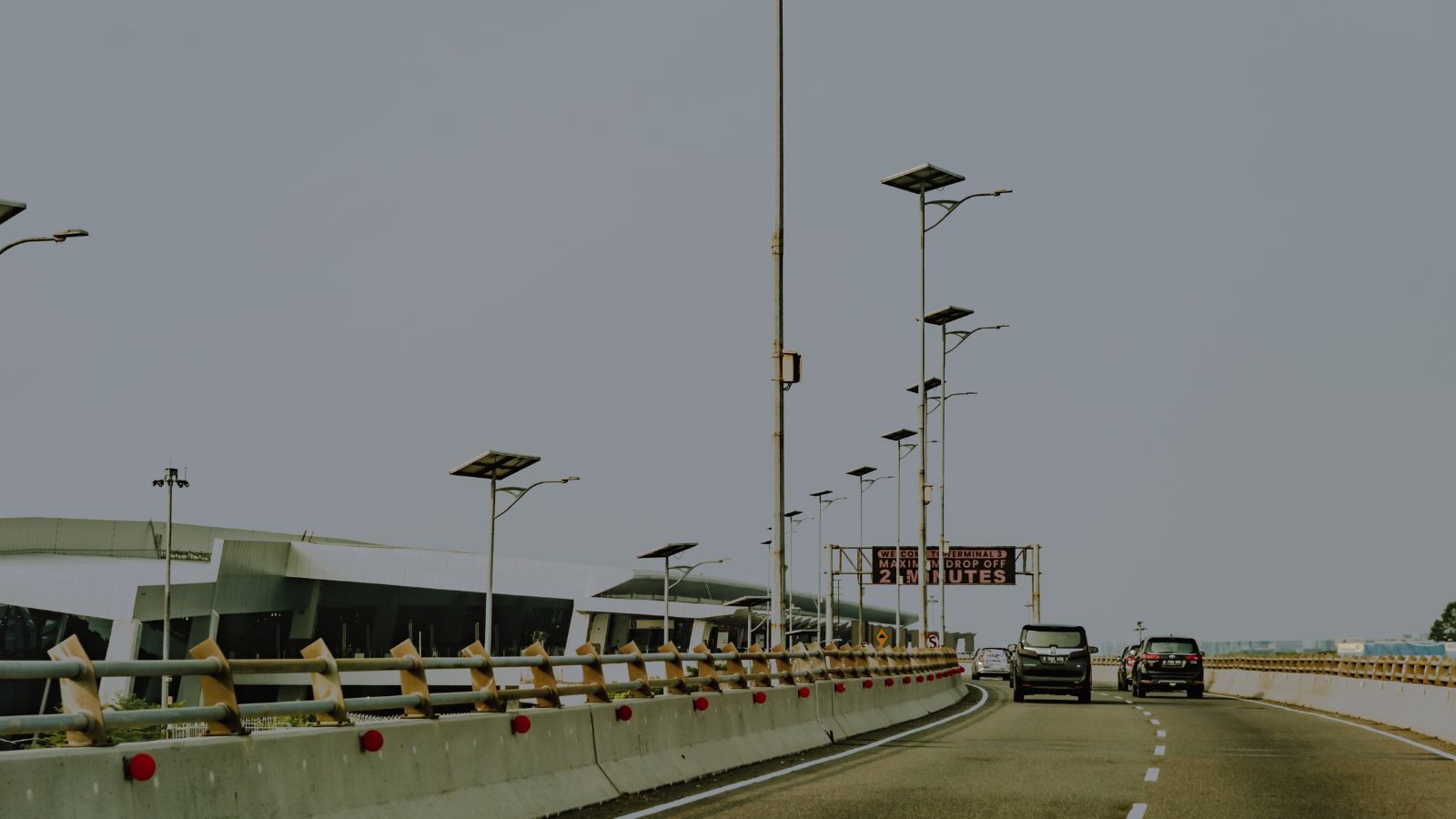
Air travel is a cornerstone of most vacations, yet airlines are feeling the pinch, too. With tariffs hiking up the cost of fuel, parts, and other services, airlines are forced to adjust their ticket prices. That means when you check your fare online, you might notice it’s higher than last year or month. It’s not that the airlines want to make your travel more expensive—it’s just that the whole system is under strain.
More Expensive Hotels and Restaurants

Once you arrive in the U.S., you might also notice that hotels and restaurants have raised their prices. Providers of these services face higher costs for goods and services because of tariffs. Whether it’s an extra dollar on your cup of coffee or a higher rate on a hotel room, these changes affect your overall travel budget. Suddenly, that trip you thought was within reach now seems a bit out of the ordinary.
Retaliation Creates a Vicious Cycle

In response to U.S. tariffs, Canada has imposed retaliatory measures. While these moves are meant to protect Canadian industries, they end up creating a cycle where prices on both sides of the border continue to rise. This back-and-forth not only disrupts trade but also means that every time you cross the border, you’re caught in the middle of a tug-of-war that affects everything from shopping to dining.
The Hassle of Waiting at the Border

Have you ever stood in a long line at the border, watching the minutes tick by? Heightened trade tensions often lead to increased border checks and delays. These aren’t just inconveniences—they cost you time and money. Extra time at the border can mean extra fuel costs, missed connections, or even the need for an unexpected overnight stay. For families and business travelers alike, these delays can be frustrating and expensive.
Rising Costs for Transportation
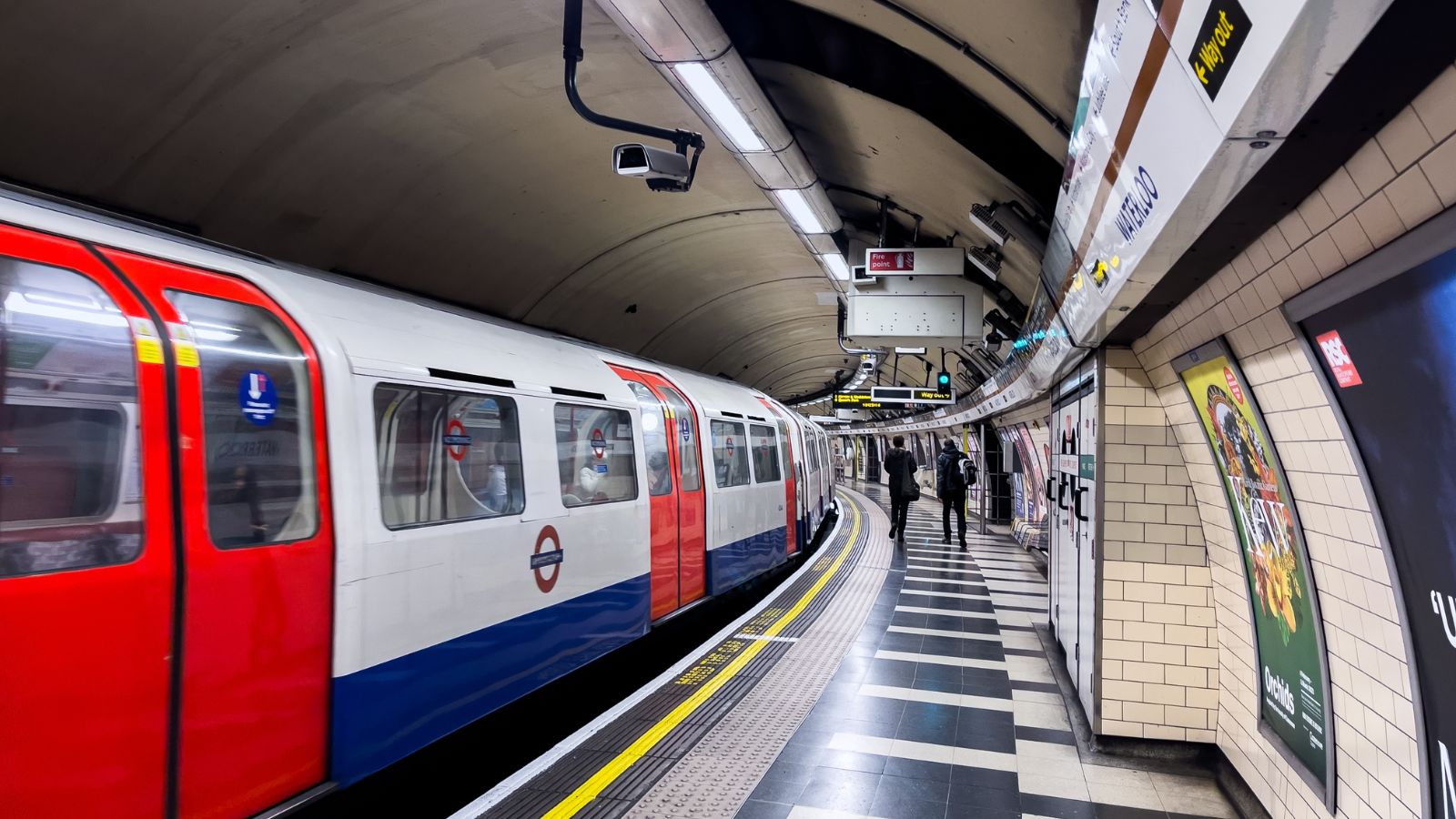
For many Canadians, road trips or car rentals are an integral part of a U.S. visit. However, tariffs on automotive parts can drive up the cost of vehicle maintenance and rentals. When companies face higher expenses, they pass those costs on to you. It means that renting a car for a road trip or even maintaining your vehicle while on holiday can cost significantly more, cutting into your travel budget.
The Hidden Costs of Small Purchases
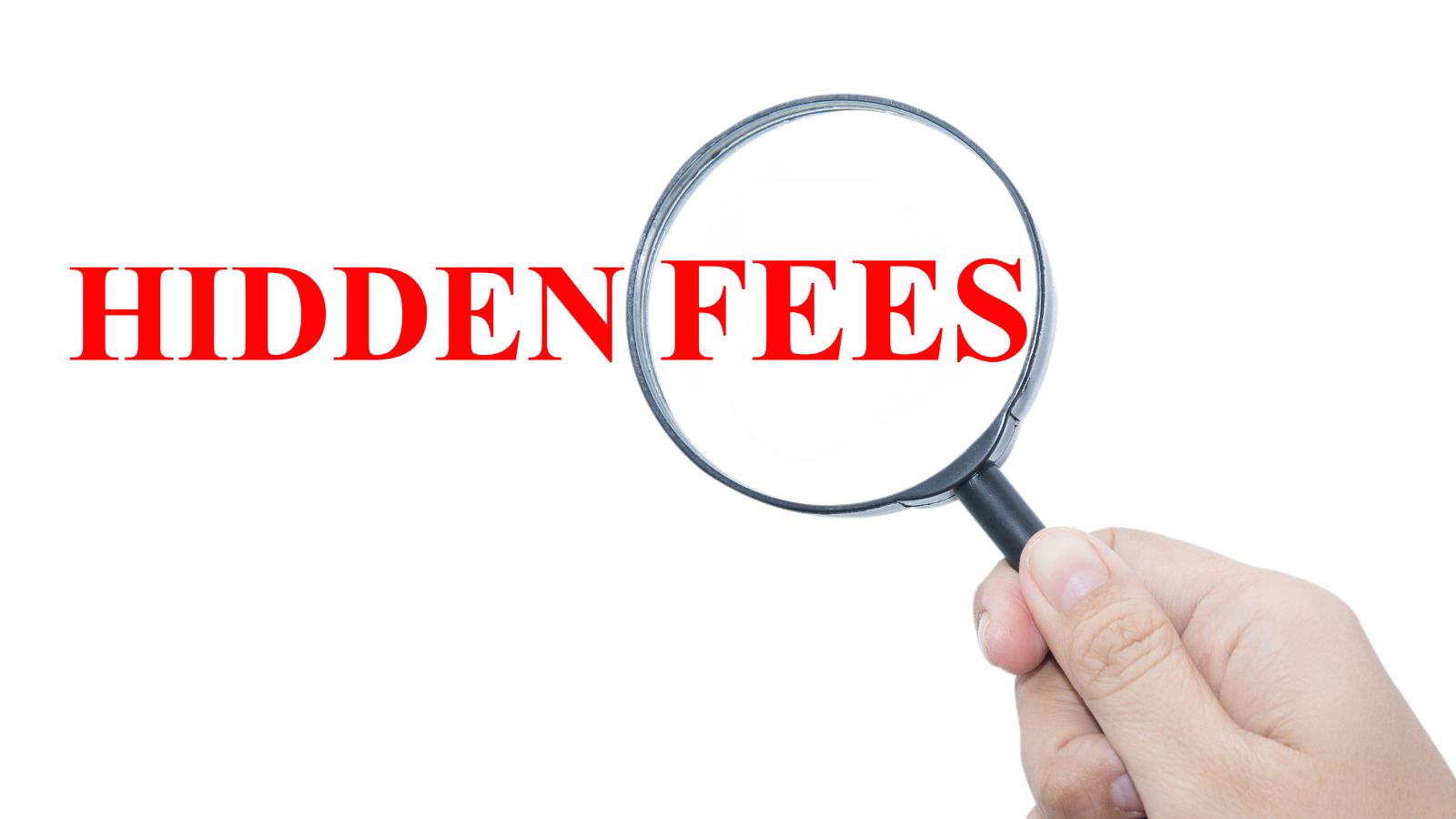
When you’re traveling, small everyday items—like a bottle of water, a souvenir, or even a snack—start to add up. With tariffs pushing prices higher, what used to be a minor expense can quickly become a noticeable cost. It’s the little things that, when summed together, can make a vacation feel much more expensive than planned.
The Shadow of Economic Uncertainty

There’s also a psychological toll that comes with economic uncertainty. Tariffs, trade disputes, and the resulting economic instability create a climate where everyone feels uneasy. Businesses become cautious, consumers hold back on spending, and overall, there’s a sense that the future is less predictable. This uncertainty can discourage people from booking trips or even lead to last-minute cancellations, which often come with extra fees.
When Wages Don’t Keep Up
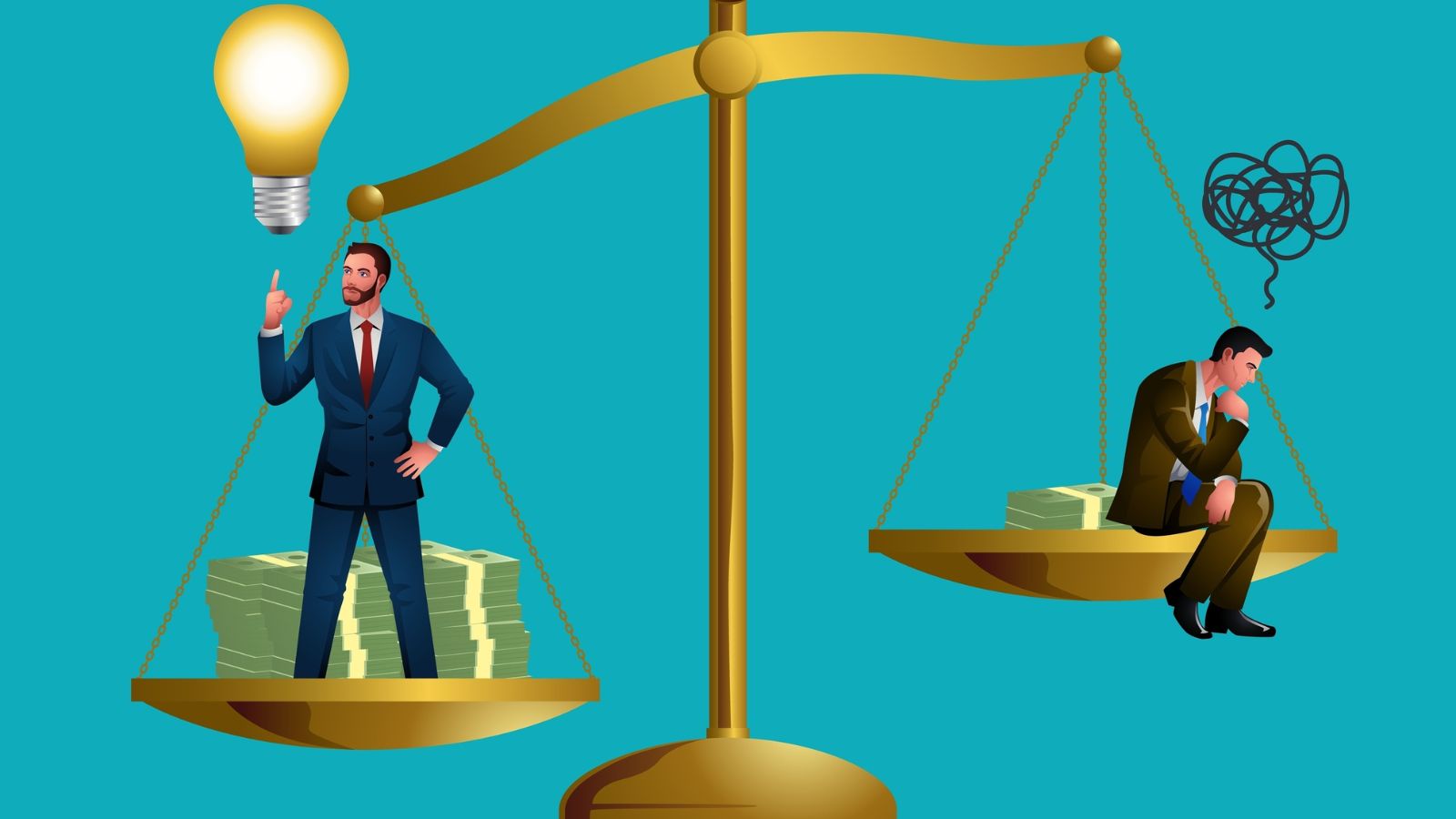
Many Canadians have seen that wages aren’t growing as fast as prices. Even when there is an increase in wages, it often doesn’t match the pace of inflation. With stagnant or slow-growing incomes, it becomes even harder to justify spending on a vacation. Every extra expense seems magnified when you’re already struggling to cover the basics at home.
Service Costs Adjust to Higher Inputs
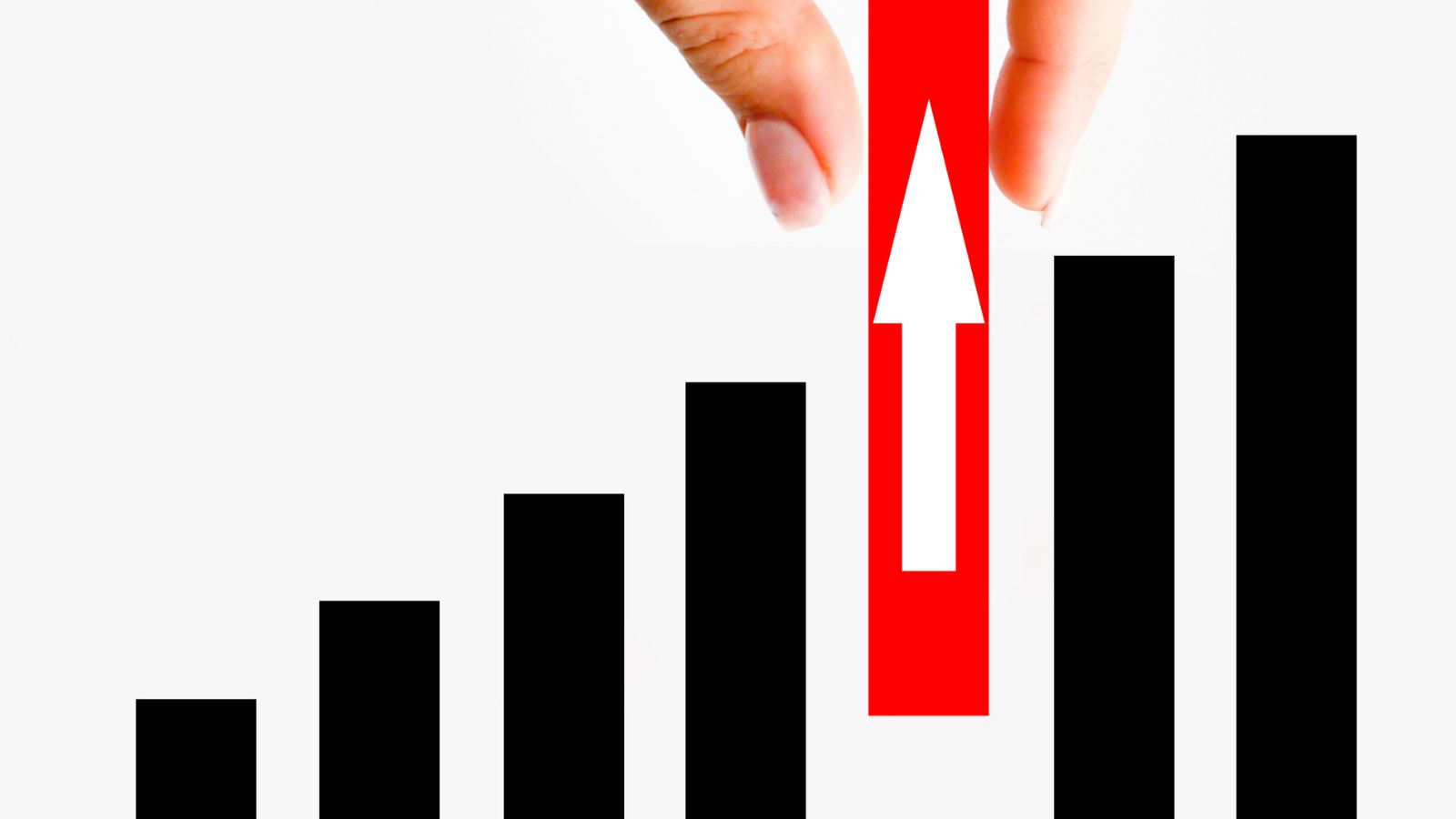
Service industries—like tour operators, guides, and entertainment venues—also feel the pinch of rising costs. As businesses face higher input costs due to tariffs, they adjust their service prices accordingly. When you pay for a guided tour or a museum ticket, you might notice the price has gone up. These increases might seem small individually, but they contribute to a larger trend of overall rising travel costs.
Fuel Prices on the Rise
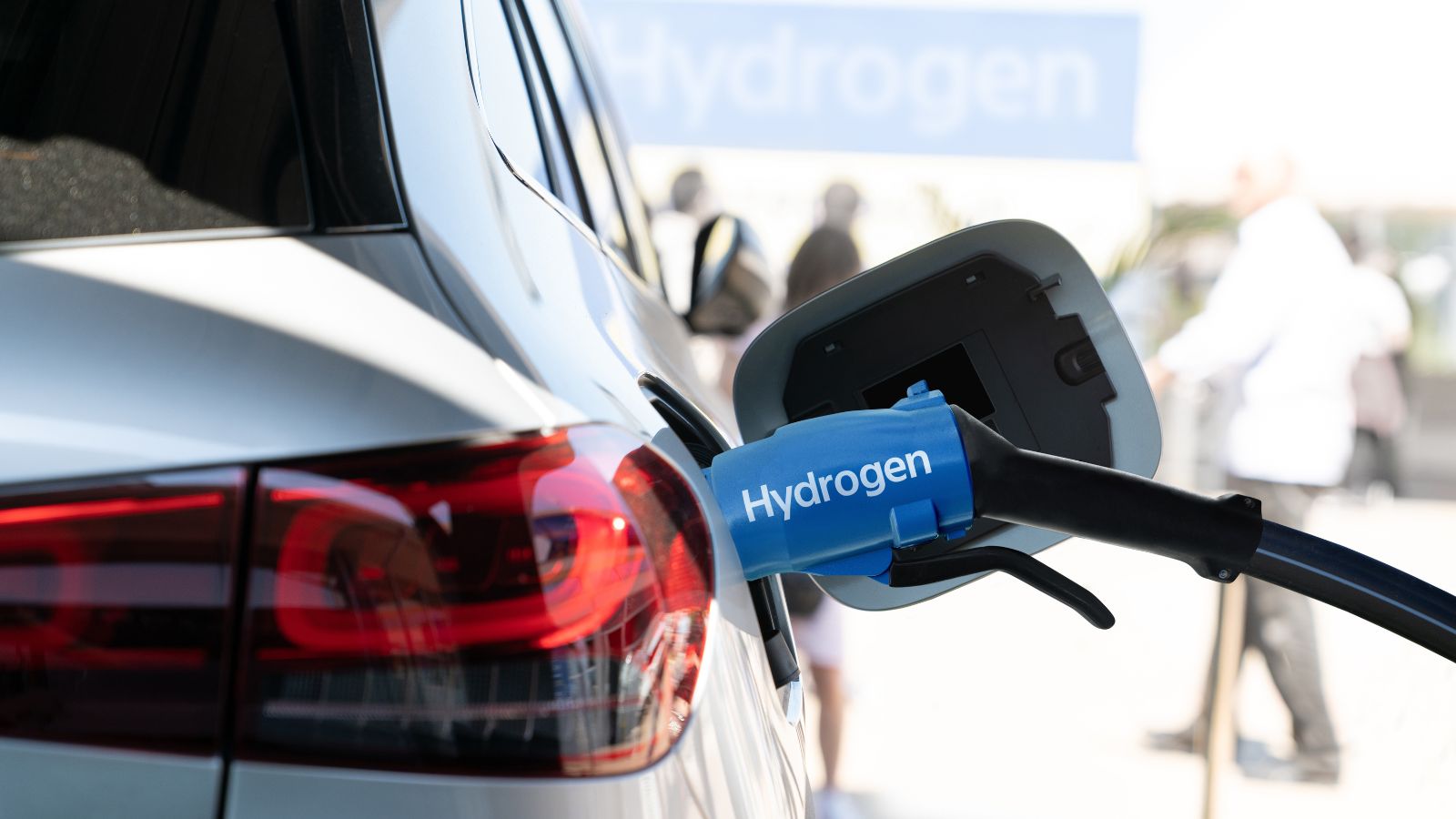
Fuel is one of those things that touches nearly every aspect of travel. Even if tariffs on energy products are somewhat lower than for other goods, the overall increase in fuel prices still hits hard. Higher fuel costs affect everything from air travel to road trips, and they have a direct impact on the cost of getting from point A to point B.
The Cost of Protection: Travel Insurance
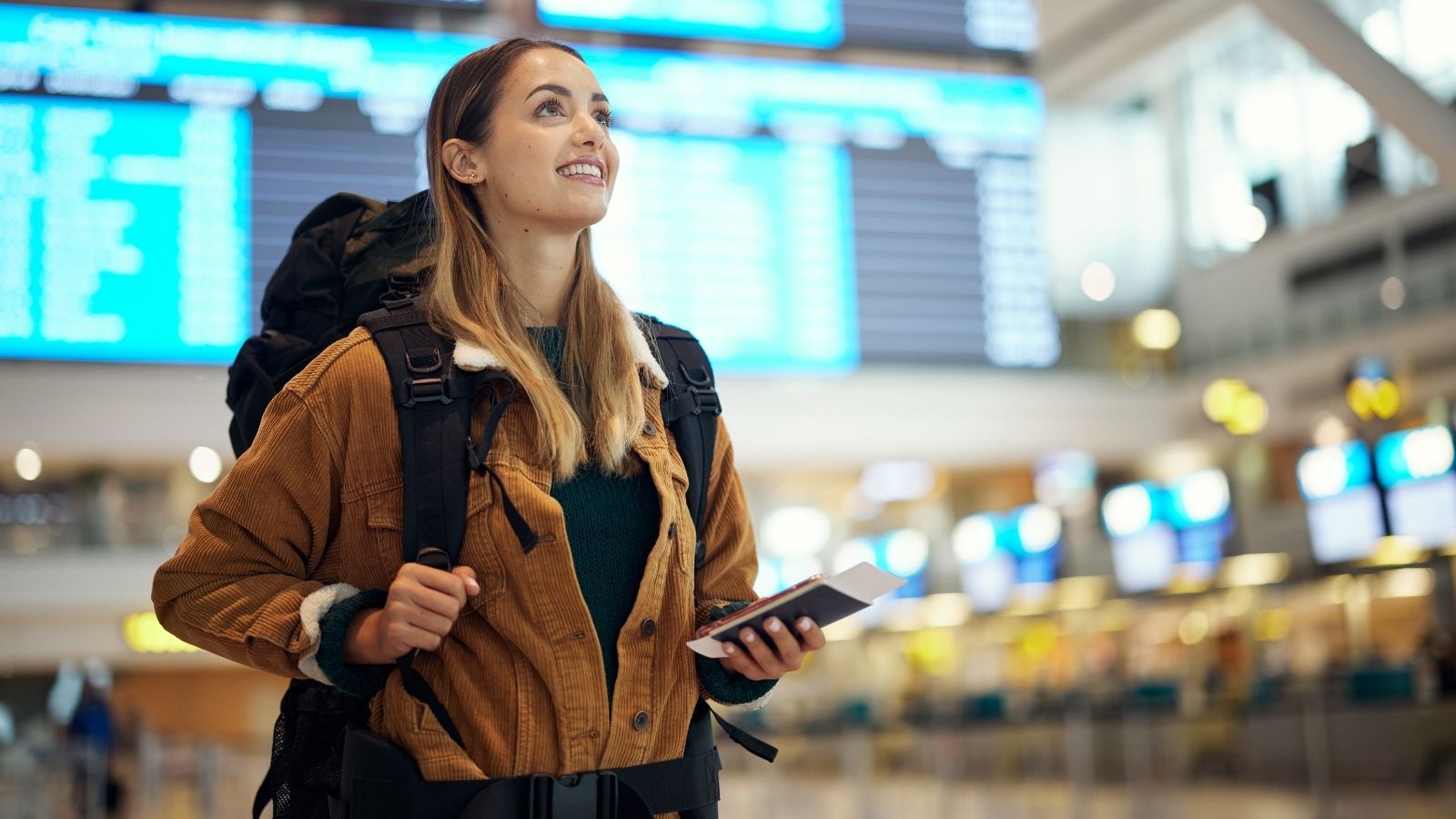
In uncertain times, many travelers opt for travel insurance to safeguard against unexpected events. However, when the economic environment is volatile, insurance companies raise their premiums to cover the increased risk. This means that even your travel insurance becomes more expensive, adding another layer to the total cost of your trip.
The Roller Coaster of Currency Fluctuations

We all remember the excitement—and sometimes the disappointment—of watching the currency exchange rates. With all the economic uncertainty brought on by tariffs, the Canadian dollar has become more unpredictable. Even small swings in the exchange rate can mean that you end up paying a lot more when you convert your money. It’s a constant reminder that even the simple act of exchanging currency has become a gamble.
Changing Routes, Changing Prices
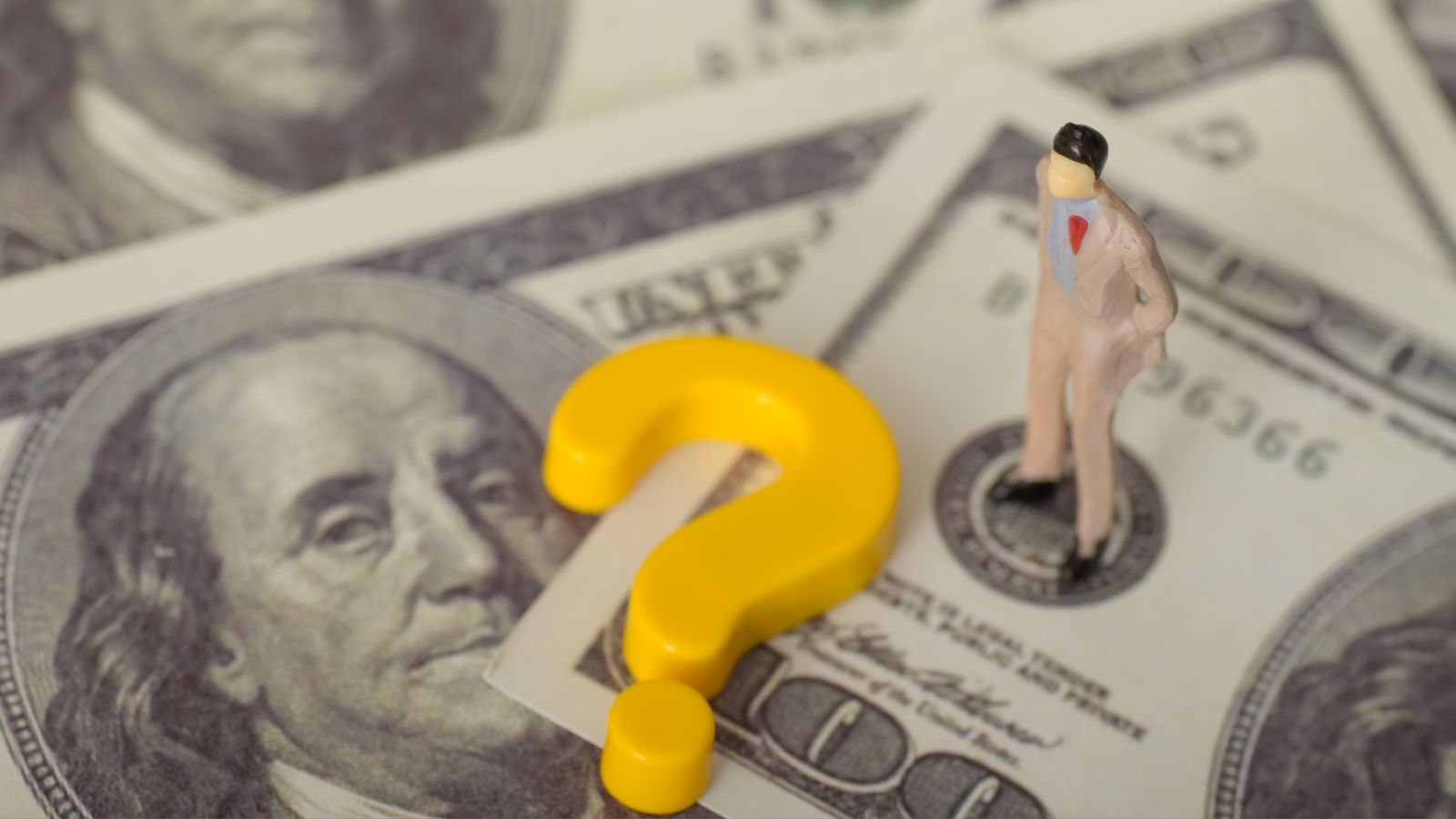
Businesses often try to work around tariffs by shifting to alternative supply routes. However, these new routes are usually more expensive due to higher transportation and logistical costs. For Canadians, this means that products once available at a good price are now more expensive because companies have to cover those extra costs. It’s like a domino effect—one change leads to another, and the whole price structure is affected.
The Pain of Rebooking and Cancellation Fees
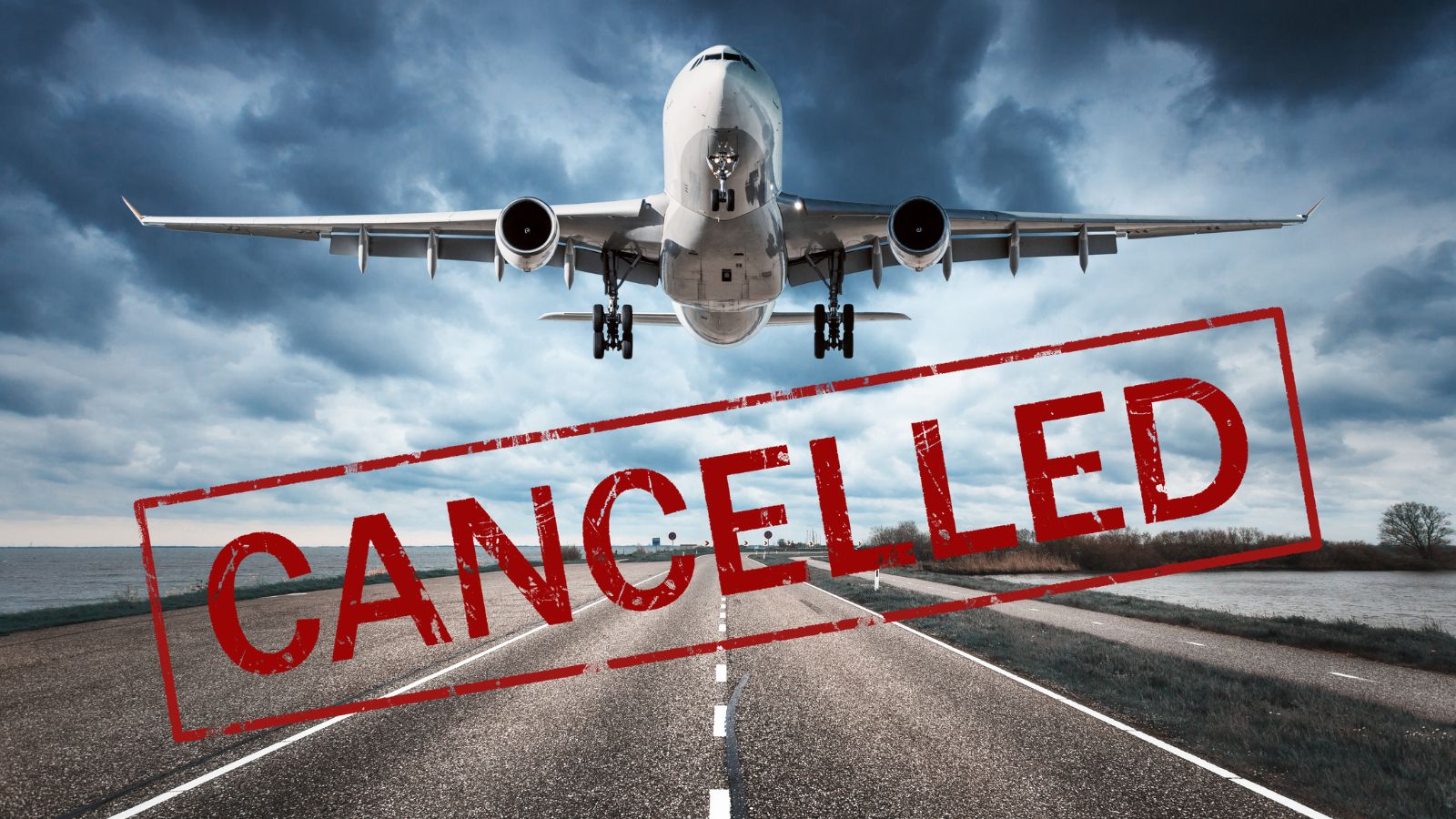
With the uncertainty of tariff policies, many Canadians are canceling or rebooking their trips. Unfortunately, these changes rarely come for free. Cancellation fees and rebooking charges add up quickly, turning a simple change of plans into an expensive affair. If you’ve ever had to pay a fee to change a flight or hotel reservation, you know exactly how these extra costs can pile up.
No More Cross-Border Bargains

One of the long-held benefits of traveling from Canada to the U.S. has been the opportunity to shop for bargains—taking advantage of lower prices across the border. But tariffs have wiped out these savings. The discounts that once made U.S. shopping an attractive option have largely disappeared, meaning that the expected financial benefits of a trip are now out of reach.
The Rising Cost of Auto Rentals

For many travelers, renting a car is a key part of the journey. However, tariffs on automotive parts mean that rental companies face higher costs, which they then pass on to the customer. This makes renting a car—even for a few days—more expensive, squeezing your travel budget further.
Business Travel Gets Hit Too

It’s not just leisure travelers who feel the impact. Many small and medium-sized businesses are rethinking cross-border travel because of the uncertainty and higher costs. For companies that still need to send employees to the U.S., every extra dollar spent on flights, hotels, and transportation is one less dollar to invest in their core business. The ripple effect touches everyone, from the boardroom to the individual traveler.
Shifts in Tourism Destinations

Faced with rising costs and economic uncertainty, many Canadians are beginning to look for alternative vacation spots. Instead of heading south, some are choosing to explore destinations closer to home or even within Canada. While these alternatives can be exciting and offer unique experiences, they often come with higher prices—especially if they become popular quickly.
The Broader Economic Slowdown
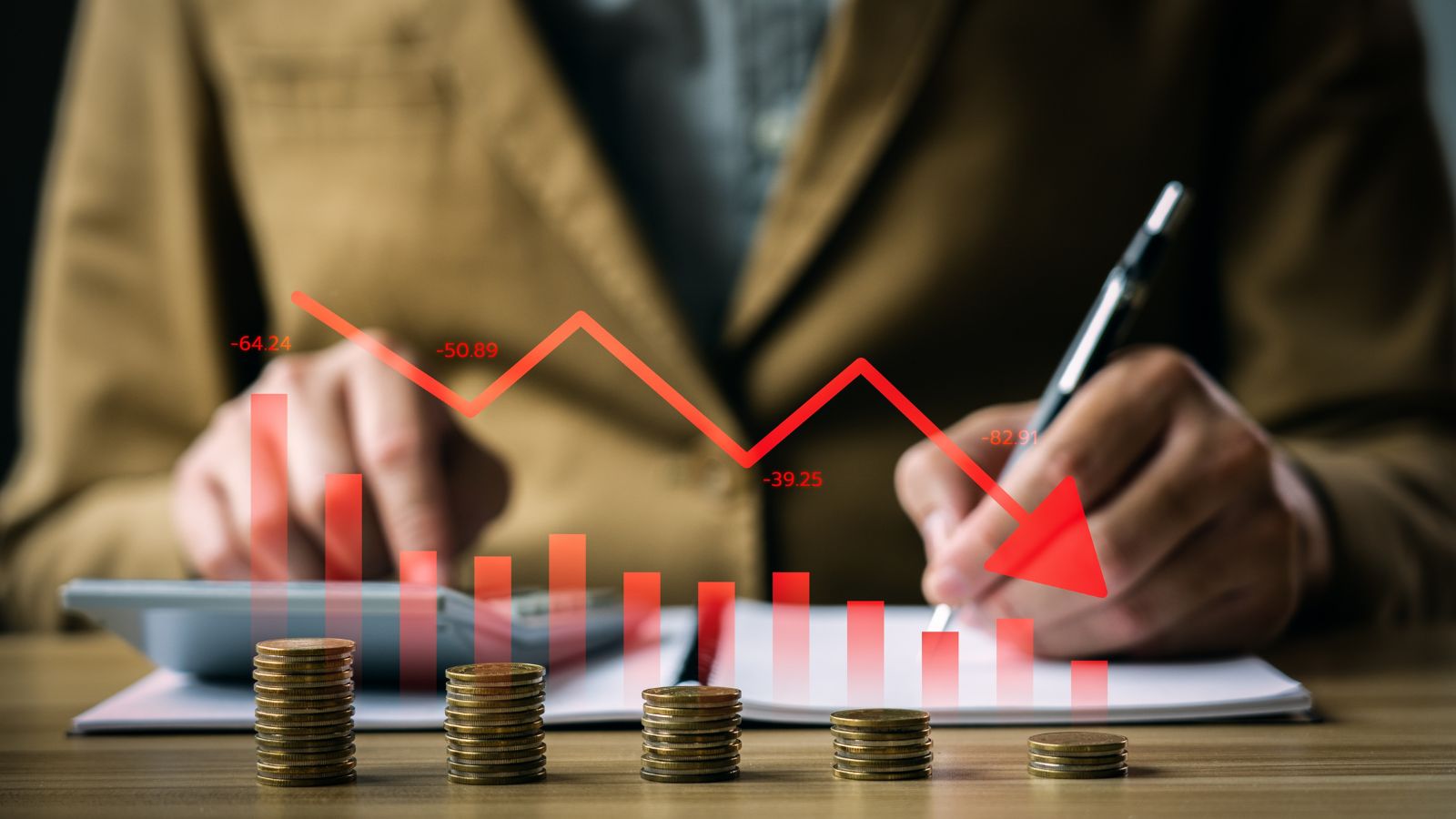
All these factors contribute to a broader economic slowdown. When trade wars and tariff-induced pressures take hold, it isn’t just the travel industry that suffers. The overall economic environment becomes less dynamic, with fewer incentives for spending. This slowdown means that even if some travel-related prices stabilize, the overall cost of living and doing business increases, further discouraging trips abroad.
The Emotional Toll and a Sense of Betrayal

Beyond the numbers and the rising prices, there’s a human side to all this. Many Canadians feel a deep sense of betrayal and uncertainty because of these aggressive tariff measures. Long-standing relationships between the U.S. and Canada, built on decades of cooperation and shared values, are suddenly under threat. This emotional response can lead people to cancel trips or make last-minute changes—decisions that often come with a financial penalty. It’s not just about money; it’s about pride, trust, and the sense of belonging in a long-standing partnership.
Conclusion

For families, couples, and business travelers alike, the message is clear: planning a trip now means more careful budgeting, more frequent changes, and an acceptance that the experience will be different from what it once was. The beauty of travel—the chance to explore, to learn, and to connect—is being overshadowed by the practical realities of a global trade dispute.
Yet, amid the challenges, there’s also resilience. Canadians are rethinking their options, looking for local treasures, and even finding new ways to experience the joy of travel without always heading south. Whether discovering hidden gems within Canada or exploring other international destinations that aren’t caught up in the tariff drama, the spirit of adventure remains alive.
25 Countries Predicted to Become Economic Superpowers in the Next 20 Years

The strength of an economy plays a crucial role in various international policies about trade and relations. Certain factors determine the strength of an economy, including population growth, availability of resources, and development and advancement. Here are 25 countries predicted to become economic superpowers in the next 20 years
25 Countries Predicted to Become Economic Superpowers in the Next 20 Years
